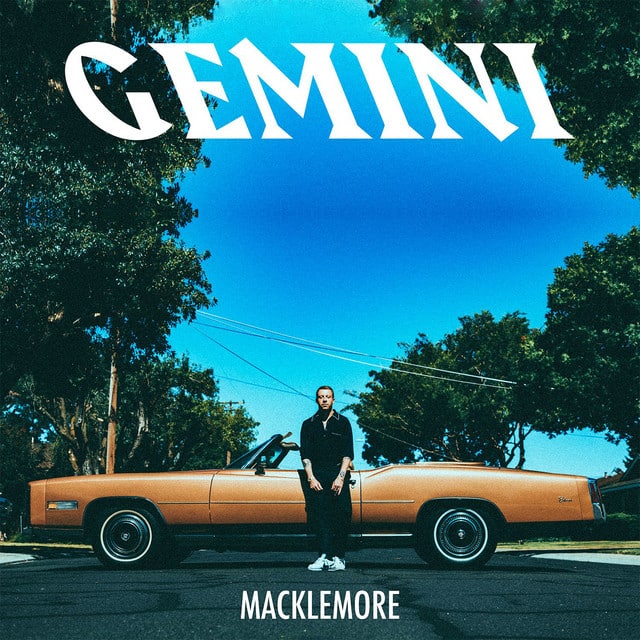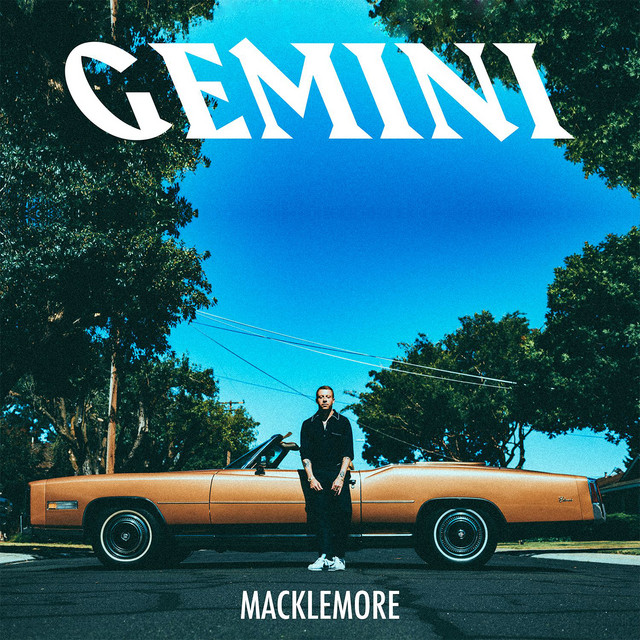Released: 2017 • Features: Kesha
“Good Old Days” by Macklemore, featuring a chilling vocal from Kesha, masterfully weaves tales of simpler times, nostalgia, and the sting of maturity. It’s a poignant track that marries introspection with infectious beats, underscoring the bittersweet reality of growth and evolution.
The song starts with a reflection on the past – the naive, reckless nights and the love that one won’t forget. Macklemore spits verses about his yearning for the days when his aim was to see his name in a star, symbolic of achieving fame and success. However, even as he’s made it, he’s yearning for the simplicity of those earlier days, a theme common in hip-hop, providing a twist on the ‘started from the bottom’ narrative. He unpacks the dichotomy of dreaming big for the future, while still mourning the loss of his youth.
He continues to ruminate on his past regrets in the second verse, wishing he’d done things differently, taken more risks, and cared less about others’ perceptions – a sentiment many listeners will doubtless relate to. He talks about growing pains, the intersection of insecurity and ambition, and the cruel clarity of hindsight.

Kesha comes in with the hook, reinforcing the theme of longing for the ‘good old days,’ a period whose struggles seem endearing in retrospect. This nostalgia, painted with the brushes of love, reckless nights, and personal growth, makes for a compelling narrative.
The last verse takes a turn towards acceptance and realization. Macklemore grapples with the idea that perhaps these are the moments he’ll reminisce about in the future. It’s a reflection on being present and appreciating the now, embodying the age-old axiom, ‘you don’t know what you’ve got until it’s gone.’ It’s a powerful statement on the importance of embracing the journey with its scars, wrinkles, and the wisdom gleaned along the path.
“Good Old Days,” in essence, captures the bittersweet dance of the past, present, and future, a theme that resonates universally. It offers a raw, honest look at the realities of success and the inevitability of growth. Above all, it’s a hymn to cherishing the moment, calling on us to appreciate our ‘good old days’ while we’re still living them.








